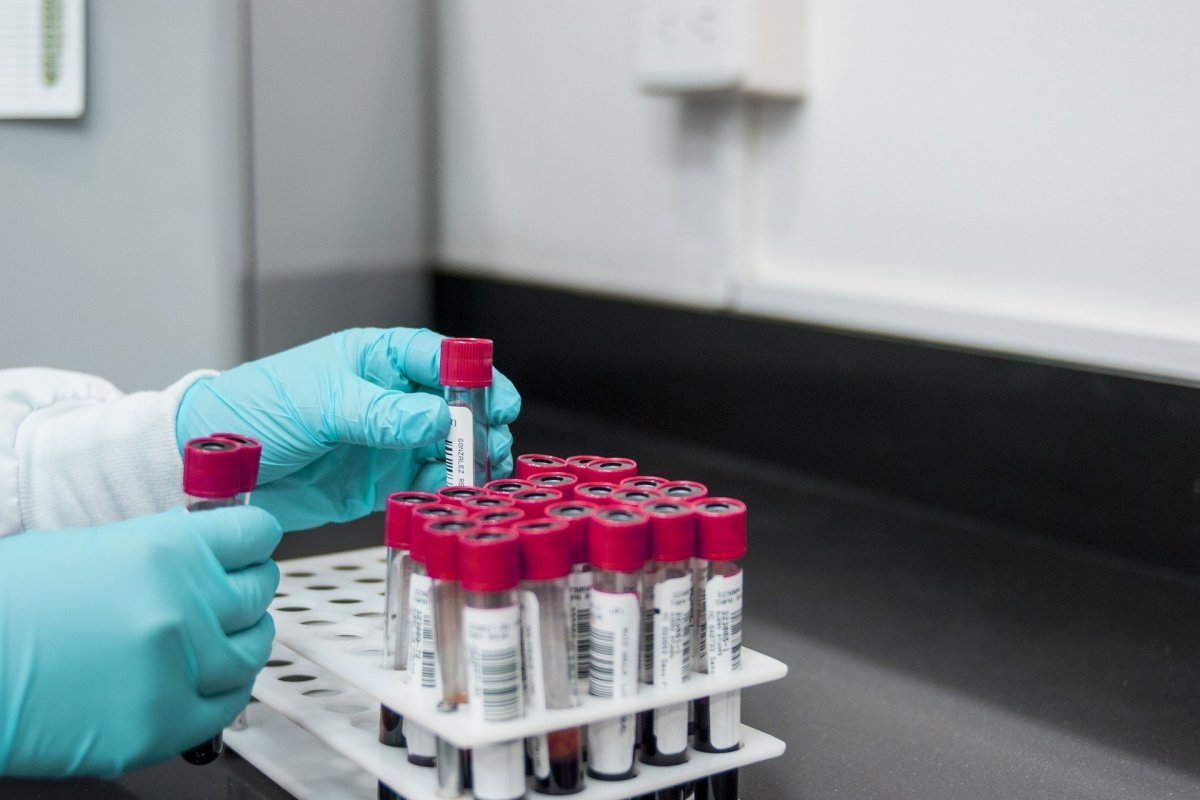
Researchers have found that the latest strain of coronavirus (“centaur”) can increase the risk of developing diabetes by 80%.
Coronavirus in everyone runs through in different ways. Someone gets off with a runny nose, and someone spends long weeks in intensive care. Although the symptoms are similar, they manifest differently. As a new study published in Express shows, these differences are not only short-term, but also long-term.
The world is now experiencing the fifth wave of covid, British doctors say. According to the latest data from ONS (Office for National Statistics UK), approximately one in 19 people is infected with the virus.
As the pandemic continues, this number will include more and more people getting COVID-19 not for the first time, but for the second or third time. With infection and re-infection comes the danger of serious complications.
One of the complications of COVID-19 is an increased risk of developing type 2 diabetes. Previously, it was repeatedly noted that the coronavirus primarily affects the vessels – like diabetes.
Data from a study conducted by King's College London show that the risk of developing diabetes in patients with Covid has increased by 80 percent. It also increases the likelihood of lung clots and arrhythmias.
The increased risk of cardiovascular disease returns to normal seven weeks after a positive test, the study notes. At the same time, the risk of developing diabetes persists longer – up to six months after infection.
“It’s about making doctors aware of the potential increased risk for their patients and, in particular, how they can reduce the risk of developing diabetes in the first three months after infection through diet and exercise,” notes Dr. Emma Resell-Potts of King's College London.
There are factors other than Covid that could explain the spike in diabetics, she added. For example, Covid patients were more likely to be overweight and have comorbidities that would exacerbate the damage caused by COVID-19.
—The fact that, over a longer period of time, the risk of cardiovascular vascular disease seems to be returning to baseline levels, encouraging, but the risk of developing diabetes seems to be elevated for several months, the specialist emphasizes.
Symptoms of diabetes:
- severe fatigue;
- prolonged healing of scratches, abrasions, wounds;
- tingling in the legs;
- poor vision;
- constant thirst;
- frequent urination
A new approach in the treatment of diabetes and Alzheimer's disease and Parkinson's
In Russia, strains BA.4 and BA.5 now dominate. Rospotrebnadzor has already reported the appearance of the first cases of infection with the BA.2.75 omicron variant, which is called the “centaur”.
A new strain of coronavirus is approaching Russia: Georgia under attack but there is one “but”
